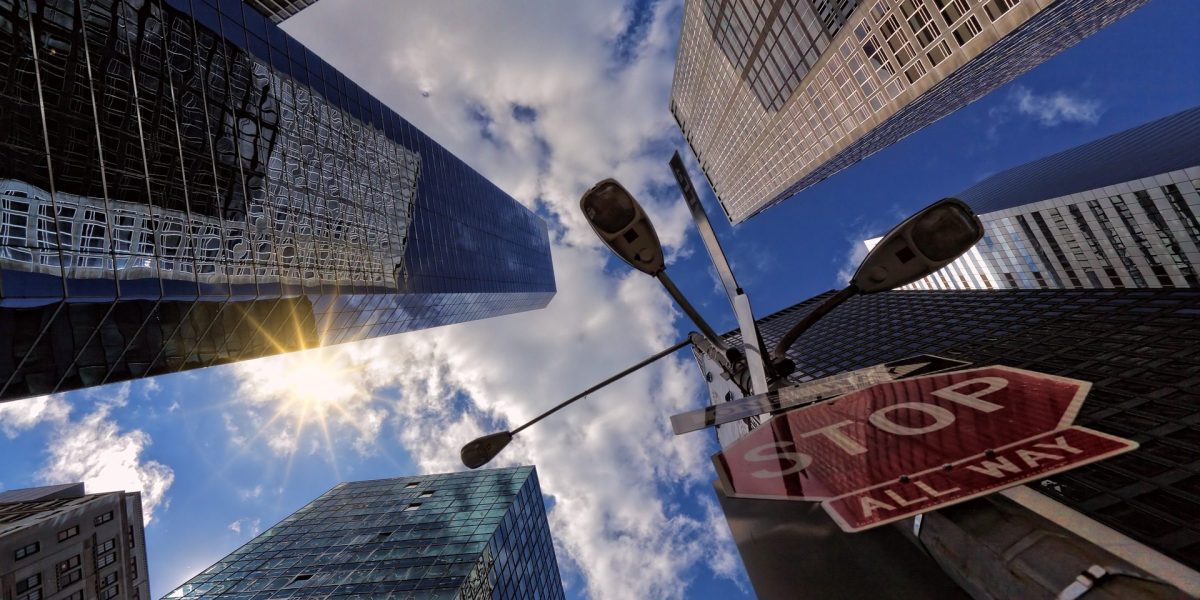|
Getting your Trinity Audio player ready...
|
– Lachlan Mackay
The US stock market appears totally disconnected from the real economy as it prices in a V-shaped return to normal, with the S&P 500 up about 30% from its late March bottom. Risks are abundant and seemingly well-known, reinforced by commentary from an array of seasoned experts such as Warren Buffett, Stanley Druckenmiller and David Tepper. The latest red flag to reach our attention is the slate of high-priced equity capital raises this month. This stock market supply injection comes near the top of the bull market as many companies halt share buyback programs in the face of economic uncertainty. US companies have repurchased more than $2 trillion of shares in aggregate over the last three years.

Moderna (MRNA US) Share Price; Source: Bloomberg
Buoyed by excitement around the success of their phase 1 trial of a COVID-19 vaccine, biotech company Moderna’s stock has risen over 300% this year to reach a US$30 billion market cap. On the same day as the trial results’ announcement made headlines, Moderna separately disclosed that they had commenced an underwritten public offering of $1.34 billion of common stock – 17.6 million shares at $76 each plus underwriters’ additional 2.6 million options. Management said the money was for “working capital needs” as they continue development of their vaccine. It is worth noting that Moderna has never reached the final stage of a clinical trial before, let alone had a drug approved by the FDA.
Similarly, online used car platform Carvana has commenced a public offering of 5 million shares priced at $93-96 each. The popular ‘unicorn’ stock has more than tripled in the last two months as investors see the company benefitting from the current digital acceleration. Management has taken full advantage of the market’s valuation to increase liquidity.
A third example comes in PNC’s recent sale of its 22% stake in Blackrock, the largest US equity offering since Alibaba’s $25 billion IPO in 2014. In CEO Bill Demchak’s words, the sale was to “monetise a great asset into readily available capital, which in this environment I think is going to prove really valuable.” He noted that there is never a good time to sell a high return on equity asset like Blackrock but that you could never get the present valuation by selling in a downturn. PNC’s stake in Blackrock has compounded at over 15% annually since their 1995 purchase for $240 million.
These examples, among others, may prove to exhibit exemplary risk management in the face of economic uncertainty. Nonetheless, these injections of supply into the stock market come at the same time as withdrawn share buyback programs leave a large gap in demand. Investors may wish to be cautious when faced with such red flags. In the same sentiment, market risk has recently been outlined by hedge fund champions Stanley Druckenmiller and David Tepper, who respectively called the risk-reward in stocks maybe the worst in his career, and the second most overvalued market he’s ever seen (behind 1999).
Lachlan Mackay is a Research Analyst with Montaka Global Investments. To learn more about Montaka, please call +612 7202 0100.




